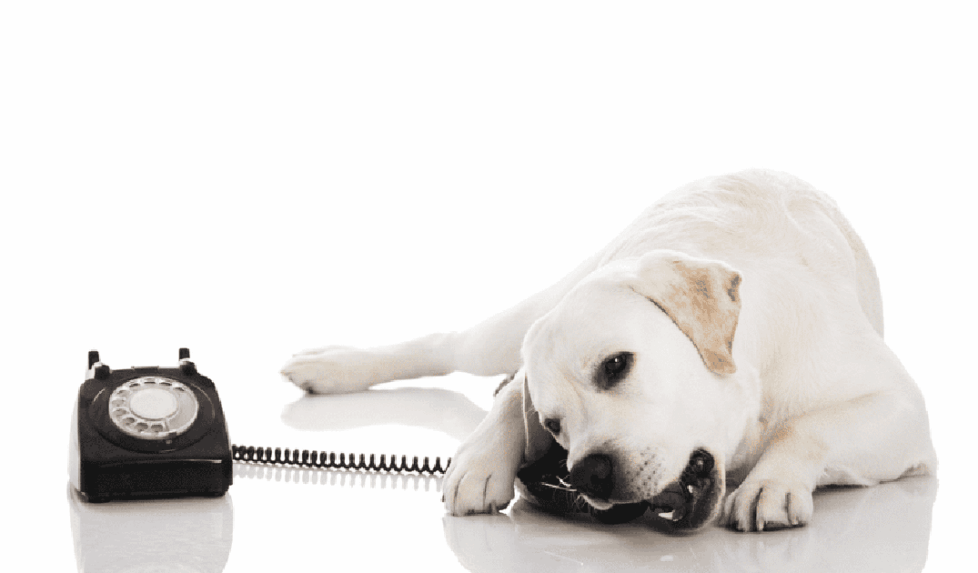How can I build my Lab’s VOCABULARY?
So you think your dog is smart? I think he IS…CHECK THIS OUT!!! He can learn a LOT of WORDS!!!
For instance, toddlers can write, memorize, draw, and solve problems. They even can count to a certain number. In retriever trials, which is interesting with the Labrador, the minimum number of items. A dog must be able to count to do well is –three. This is so he can remember how many ducks have fallen, in what order, and where they are. Isn’t that cool?
Once we accept that we can compare our dog’s mind to that of a two or three-year-old child we can begin to explore other ideas about our dog’s mental life. While a young child can feel pleasure, pain, anger, disgust, and love—complex, social emotions, such as guilt, shame, or pride require a child to be nearly 4 years of age. So if you want to know whether your dog feels guilty after he’s committed some transgression, your best estimate is that he does not. This is why correction is always needed to be immediate as our dogs do not have a long memory of what they did.
Some examples of phrases that dogs can learn along with the words in them are:
“Find it”
“OK
“Bark
“Quiet
“Rollover
“Give Paw”
“Catch release”
“Good boy
“Sit”
“Drop it
“Wait
“Get it”
“Stand”
All of this means that if you’re posing a problem or teaching a task to your dog, that would be too difficult for a human toddler to solve or learn, it’s unlikely to be in your dog’s capacity to do well. Mentally challenging your dog is important to his happiness and well-being, just be sure the activity is within his intellectual reach!
Photo credit of featured image: ID 60682802 ©Erikreis | Dreamstime.com





Pingback: How Can I Build My Lab’s VOCABULARY? | Beau Of The Animal World Lover